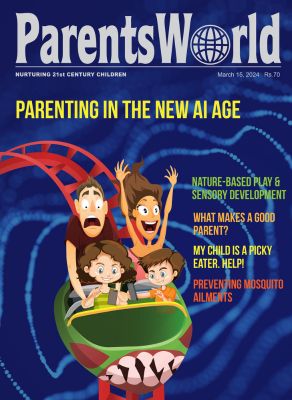“The English language continued to remain dominating (sic) in our country because we were colonised. Parents fear that if their children will not learn English, they won’t have a future. Once we give them better options in regional languages, this hesitancy will go away.”
Dinesh Prasad Saklani, newly appointed director of the National Council of Educational Research and Training (Hindustan Times, February 17)
“We are seeing how the digital divide is rapidly shrinking in India. Innovation is ensuring inclusion for us. I am seeing that power in the digital university which can completely eliminate the problem of shortage of seats that we experience in our country.”
Prime minister Narendra Modi on the provisions made in Budget 2022-23 for the education sector (The Economic Times, February 21)
“(The hijab) does not interfere with education, holding a job, voting, participating in public life, or achieving anything in life. To, therefore, use it as a pretext for disqualifying someone from teaching or going to college is a travesty.”
Pratap Bhanu Mehta, public intellectual, on the hijab (headscarves) controversy raging in Karnataka (Indian Express, February 23)
“A radical liberalisation of medical education in India is the only option. The problem of ‘bad’ commercialisation can only be solved by more liberalisation. All other solutions are akin to putting a band-aid on a bullet wound.”
Pranay Kotasthane, deputy director of Takshashila Institution (Times of India, February 27)
“We have survived two world wars, three famines, the Holocaust, Babyn Yar, the Great Purge, the Chornobyl explosion, the occupation of Crimea, and the war in the east of our state. They wanted to destroy us so many times, but they couldn’t.”
Volodymyr Oleksandrovych Zelensky, president, Ukraine (The Kyiv Independent, March 3)


























